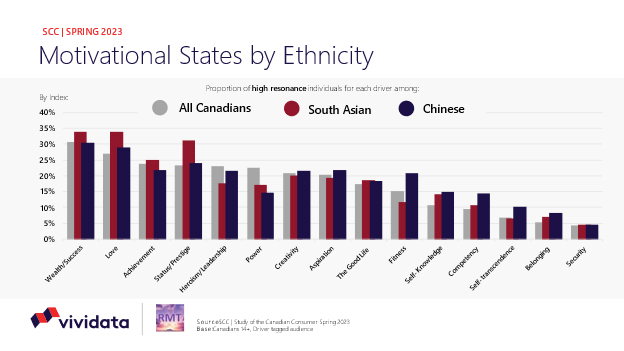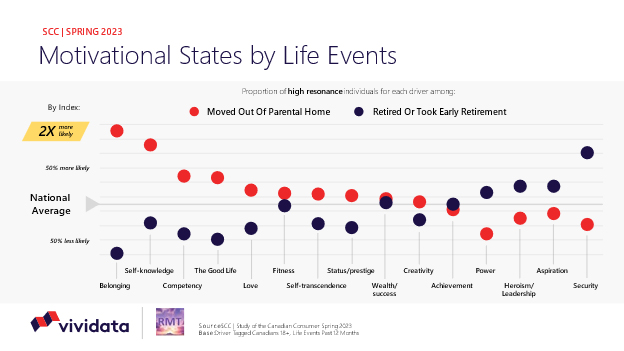Powerful Mind Part 27
Welcome to this week’s Bill Harvey Blog – September 5, 2025
Created September 8, 2023
Read Powerful Mind Part 26 | See all 12 Powerful Mind Keys

Strangely, this is not something we normally think about. The subject usually rises to our conscious mind only at times of great shock, typically the loss of a loved one, a job, or something else we greatly value. At other times, most of us appear to assume that all of that has been decided already, we are “obviously” doing what we want to do with our lives, and so we just go along day to day doing our best, mostly guessing or following the path of least resistance in order to not make things any worse.
The species, or at least the intelligentsia, has finally admitted that homo sapiens are not rational actors, hence the science of behavioral economics. P.T. Barnum could have told us that a hundred years ago. However, some of us may be more rational than others, and for a rational person, it makes the most sense to stop life for a moment or longer while seriously considering what the real you really wants. How else can a rational person guide his or her decisions on a moment-to-moment basis?
As soon as one sets to making an objective fact-finding study of oneself, one finds that there are a great number of things that come up as probable wants, including both material and immaterial things. Page 95 of Mind Magic lists these, for example: “You may want money, specific possessions, status, fame, glory, power, accomplishment, respect, a large family, many lovers, to be loved, to be known, to be happy, health, long life, adventure, travel, certain feelings, certain experiences, etc.”
A more abstract list appears in my work on human motivations through Next Century Media, which discovered 265 psychological variables driving television program choice, and RMT (Research MeasurementTechnologies), which distilled these into 15 life motivations. In Canada, where RMT is already integrated with Vividata (“The MRI/SIMMONS of Canada”), here is the latest snapshot of how these 15 variables rank across the population of Canada:

As you can see, wealth/success is the main driver for most Canadians, but there are differences in motivation ranking by different ethnic subcultures in Canada. Culture is definitely a factor in shaping our individual motivations. However, as this book, Powerful Mind being serialized here, has often pointed out, we as individuals are much better off to be able to discover what we ourselves deep down really want, and to not automatically go along with all of the ways we have been shaped by outside forces.
It’s much better to contemplate our lives to the degree that we can be the ones to decide what we truly want out of life.
Aristotle wrote that the un-contemplated life is not worth living. I would say that slightly differently: one is not living the fullest life possible if one is swept along by external forces from beginning to end.
Life situations also affect our motivations. For example, note how important the motivation of “belonging” is to people who recently moved out of their parents’ home, and how important “security” is to people who recently retired. (These measurements are not based on survey questions asking people what motivates them; it is based on what television programs they report watching, and the method has been validated by seven independent studies.)

If we look across all of the cultures in our hisandherstory (aka “history”), we see that in many of them, great value was placed on self-transcendence (altruism) e.g. the Zhou Dynasty, self-knowledge e.g., Greece in Socrates’ time, creativity e.g., the Renaissance. When we look at our current culture, the situation is quite different. In the cancel culture of today, idealism in any form is something that causes people to “cringe”. Cynicism and snide remarks are the safe harbor for conversations. Science in recent centuries has assumed that the universe is an accident; therefore, the culture does not believe that there is meaning and purpose in life, nor is idealism defensible in objective terms. Authoritarians rise to power by promising to remove all of the causes of fear, similar to the protection racket. In our culture, therefore, it is less likely that you have chosen to want idealistic things, or if you have, it is because you are exceptional.
Wanting the Approval of Others
One of our most ignoble wants is the approval of others. Hence the high ranking of “belonging” among the 15 motivations. In order to “fit in”, one generally is expected to share the same values, pastimes, and sayings of the group. After a while, individuals forget that they are wearing a mask and start to believe that the mask is really them.
Make a study of yourself. Take your time. Write down notes as the spirit moves you. What do you think you really want most out of life today? Was it always that way? What was your dream when you were very young as to what you would do with your life? Did it change? Why did it change?
Assume that in your own case, there was the “Me That Was Born”, who you really were, before the culture and other people started to shape you. Using all of the access to memories which you still have, what did that person want out of life, and where were the change points along the route to now?
If you look at the list of wants and motivations above, you may see that you have always wanted all of these things to some degree, but today there may be only a couple of them that really energize you. You may see how running after some of the other things took you off into directions you didn’t enjoy and have now processed past those wants. Or, you may find that nothing seems to matter anymore, it’s all falling short, you need something more, but have no idea what it is.
One clue is to think back about the things that you’ve been good at, and that you enjoyed doing. Those are your gifts to the world. Your Mission is to do those enjoyable things that you do so well so as to make as many people and other living things as happy as possible.
If you follow that star, it will take you to the Flow state.
My best to all,
![]()



